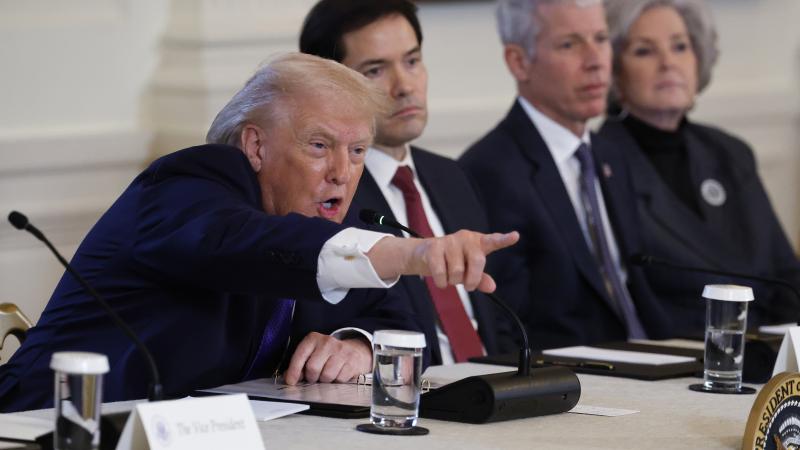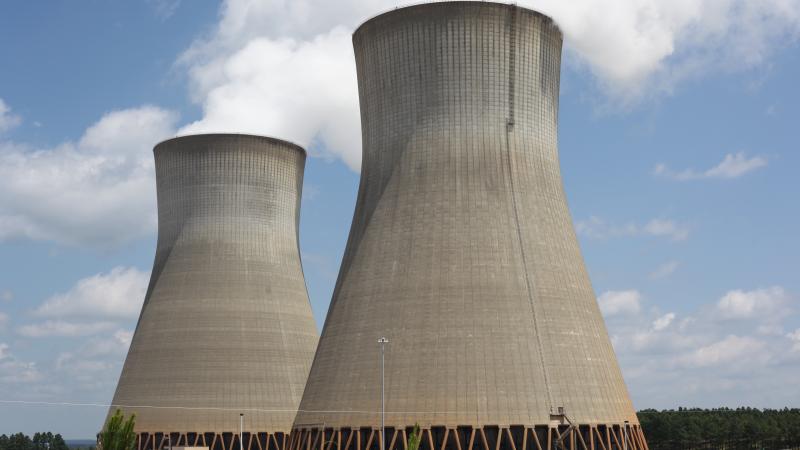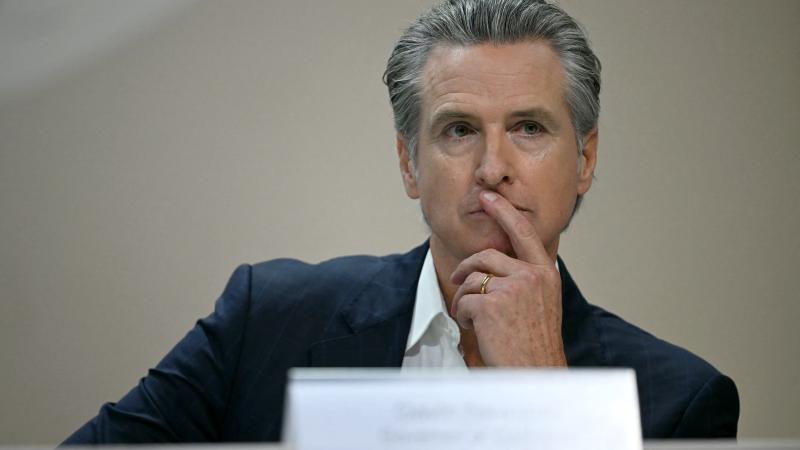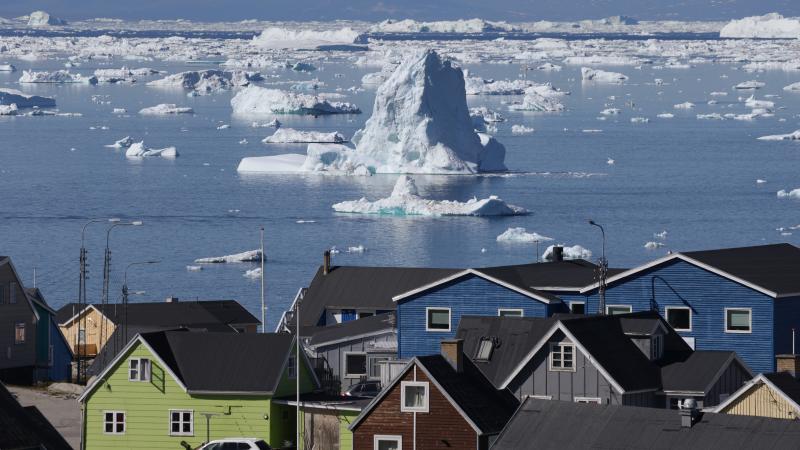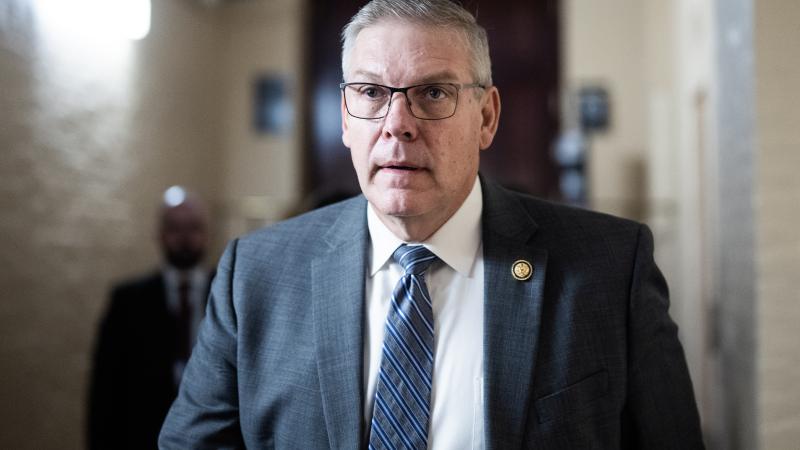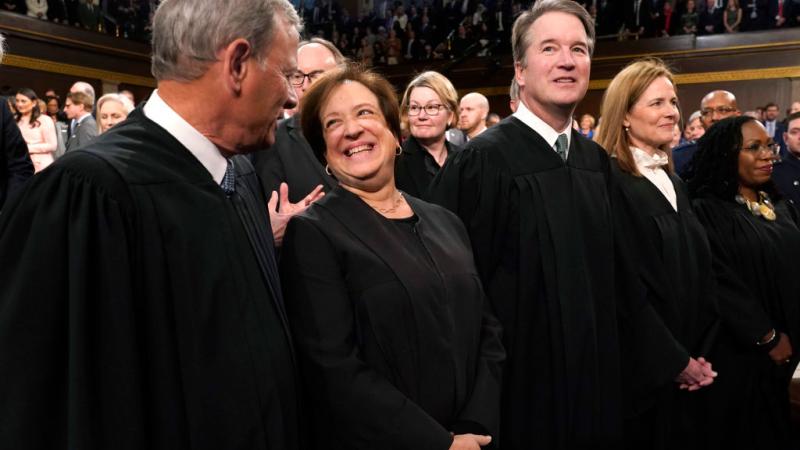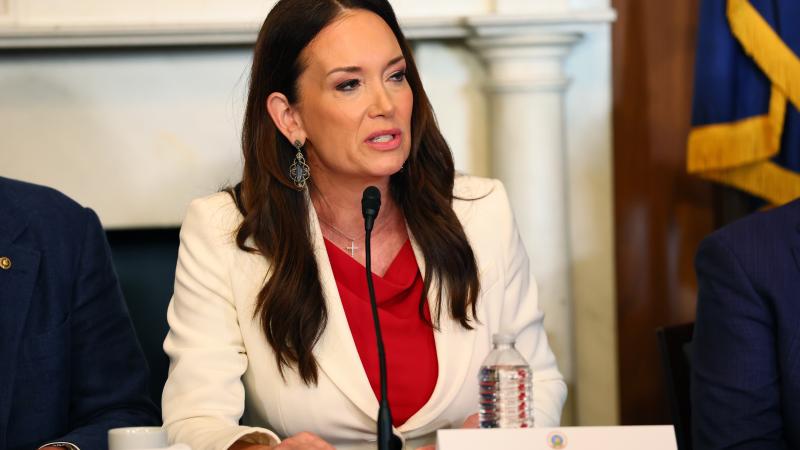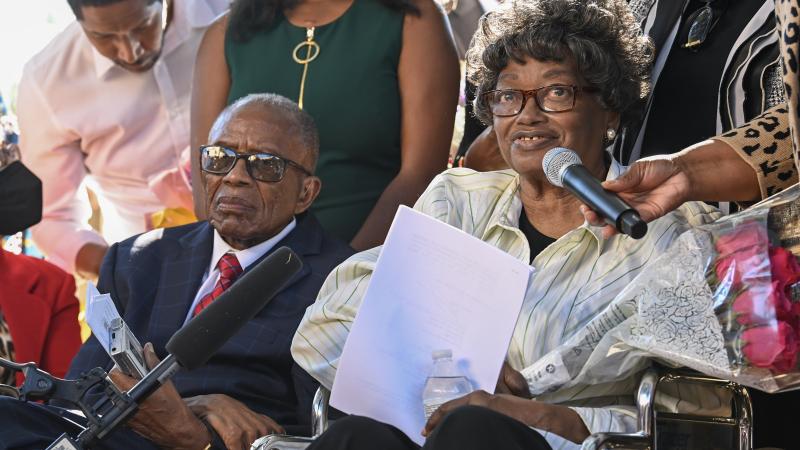South Carolina Judge tosses climate lawsuit, another in a string of losses for enviro-activists
In his ruling, state court Judge Roger M. Young pointed out that if the scores of climate lawsuits filed by states, counties and municipalities were allowed, a wide range of plaintiffs could bring suits for injuries after every weather event.
A judge in South Carolina state court on Wednesday tossed out a lawsuit filed by the city of Charleston against oil companies seeking damages that the city claimed were caused by climate change. As with similar lawsuits filed by local and state governments against energy producers, the city of Charleston argued that these companies misled the public about the alleged dangers of greenhouse gas emissions.
These dangers, the city’s complaint alleged, include “dire climate-related effects,” such as “ocean acidification, melting polar ice caps and glaciers, and more extreme and volatile weather, drought and sea level rise.”
Contrary to the claims in such suits, global drought trends aren’t showing any significant increases, and sea levels are rising a gradual foot per century.
Boundless litigation
In his decision, Judge Roger M. Young didn’t consider the veracity of the claims about climate change, because as a procedural matter, he disputed whether state courts were an appropriate venue for the issues being raised. Young referred to a 2021 ruling by the Second Circuit Court of Appeals in a similar lawsuit filed by New York City. Circuit Court Judge Richard J. Sullivan argued that global warming presents a uniquely international problem, which is not well suited to the application of state law.
Young also said that the plaintiff’s claims revolve around accusations of deception, while they seek redress for the alleged effects of greenhouse gas emissions. Young also pointed out that if the scores of climate lawsuits filed by states, counties and municipalities were successful, a wide range of plaintiffs could bring suits for injuries after every weather event.
Young also argued, as other legal experts have, that under the city of Charleston’s reasoning, any emitters — from airlines to agricultural companies — could be liable for contributing to climate-related risks for their products, unless they warned consumers that they could contribute to climate change. “The list of potential defendants thus appears boundless," Young wrote.
The Charleston City Council will meet on Aug. 19 to discuss the dismissal and decide whether to appeal the decision, according to The Post and Carrier.
State courts refuse to apply local law to a global problem with global causes
Judges have dismissed similar lawsuits filed by Bucks County, Pennsylvania, the state of New Jersey, the state of Delaware, and Anne Arundle County and the city of Annapolis in Maryland. A case filed by the city of Baltimore, Maryland, was also tossed.
New Jersey Superior Court Judge Douglas Hurd concurred with the oil companies’ arguments that the state’s complaint is unconstitutional. “As defendants state in their moving brief, ‘the federal system does not permit a state to apply its laws to claims seeking redress for injuries allegedly caused by interstate or worldwide emissions,’” Hurd explained.
Maryland's Anne Arundel Circuit Court Judge Steve Platt reached a similar conclusion with a case filed by Anne Arundel County and Annapolis. In his ruling, Platt cited the ruling by Maryland Senior Judge Videtta Brown, who dismissed the climate lawsuit filed by the city of Baltimore, explaining that state law cannot address a global issue like climate change.
“The Constitution’s federal structure does not allow the application of state law to claims like those presented by Baltimore [...] The Supreme Court of the United States has held that state law cannot be used to resolve claims seeking redress for injuries caused by out of state pollution,” Brown wrote.
The Maryland Supreme Court is currently considering appeals to the cases. The U.S. Department of Justice and 24 state attorneys general are urging the state’s high court to uphold the dismissals.
Litigation is no substitute for climate action
Phil Goldberg, special counsel for the Manufacturers Accountability Project, said in a statement that courts are rejecting these claims because they improperly seek to assign liability for societal use of energy, a matter that Goldberg said is beyond the scope of state law.
“The decision to dismiss Charleston’s climate lawsuit reflects the growing consensus among courts nationwide that these cases are legally unsound and counterproductive. Regulation of interstate and international greenhouse gas emissions is beyond the role of state law and must be governed by uniform federal law, both as a matter of constitutional federalism and under the Clean Air Act,” Phil Goldberg, special counsel for the Manufacturers Accountability Project, said in a statement.
He said the South Carolina court’s ruling reaffirms that litigation is not a substitute for meaningful climate action. “We urge policymakers to focus on collaborative efforts that deliver real and lasting climate solutions,” Goldberg said.
Legislating from the bench instead of Congress
While many judges are dismissing climate lawsuits, a few others in deep-blue states are allowing them to proceed. The Supreme Court of Colorado allowed a case filed by the city of Boulder to proceed, and the Massachusetts Supreme Court allowed a case filed by the state attorney general to continue. The Hawaii Supreme Court rejected a request by oil companies to toss a lawsuit filed by the city of Honolulu.
In 2020, the Manufacturers’ Accountability Project published a report detailing the history of the wave of climate lawsuits, as well as the complex web of dark money supporting the litigation. The web of funding, a Fox News report found, includes the Leonardo DiCaprio Foundation, the Emmett Foundation, the MacArthur Foundation, William and Flora Hewlett Foundation, the Rockefeller Brothers Fund and JPB Foundation.
Larry Behrens, communications director with Power the Future, told Just the News that the purpose of these lawsuits is to enact climate policies through the courts — policies he says wouldn’t stand a chance of passing through legislatures where lawmakers have to answer to voters.
“If these ideas were so popular, then, of course, they would be making their way through the halls of Congress. But they know they're not popular. So they have to try to fund these lawsuits and hope that they win one or two and try to get the law changed through the courts instead of through the normal process. And they're hoping to find some judges to help them legislate from the bench,” Behrens said.
He said that the costs of fighting the litigation are costing consumers, but consumers will really see their energy costs rise if any do end up resulting in settlements. The dismissal of the Charleston case adds more hope for consumers.
“Anytime you have a well-funded operation trying to say that they speak in the name of consumers, but the result always drives up prices on consumers, then you need to be suspicious of who's really pulling the strings behind the scenes here,” he said.
The Facts Inside Our Reporter's Notebook
Links
- similar lawsuits filed by local and state governments
- argued that these companies misled the public
- global drought trends
- In his decision
- 2021 ruling
- as other legal experts have
- according to The Post and Carrier
- Bucks County in Pennsylvania
- state of New Jersey
- state of Delaware
- Anne Arundle County and the city of Annapolis
- Baltimore, Maryland, was also tossed
- concurred with the oil companies' arguments
- urging the state's high court
- Manufacturers Accountability Project
- Manufacturers Accountability Project
- Supreme Court of Colorado allowed
- Massachusetts Supreme Court allowed
- Hawaii Supreme Court rejected a request
- supporting the litigation
- a Fox News report found
